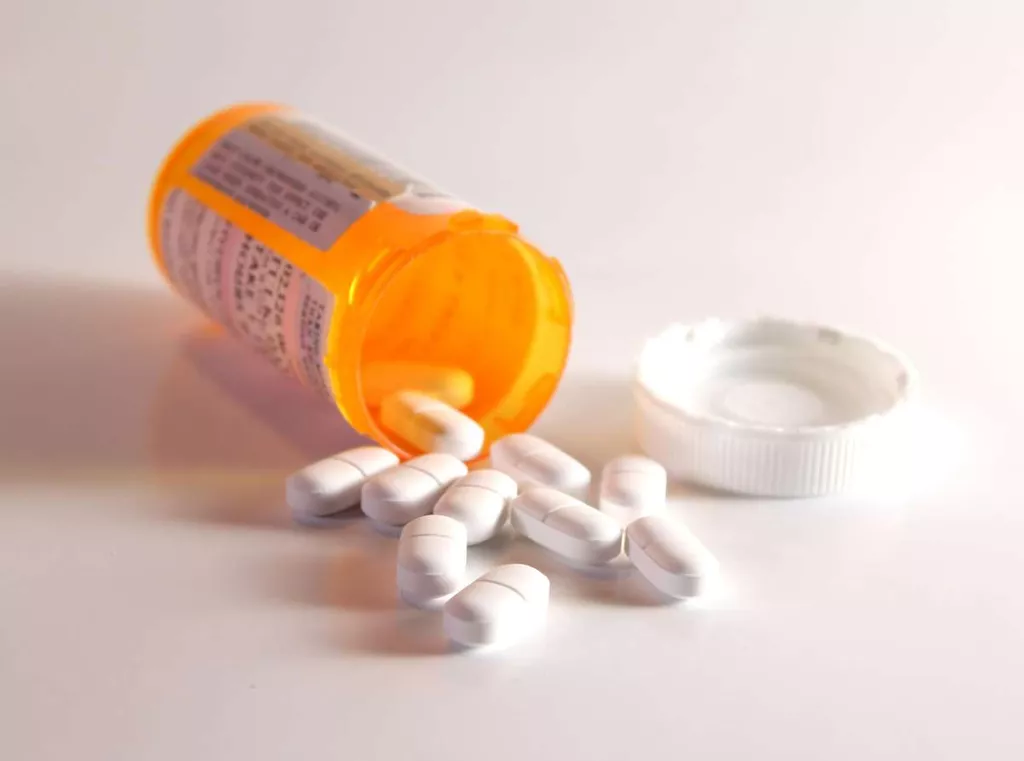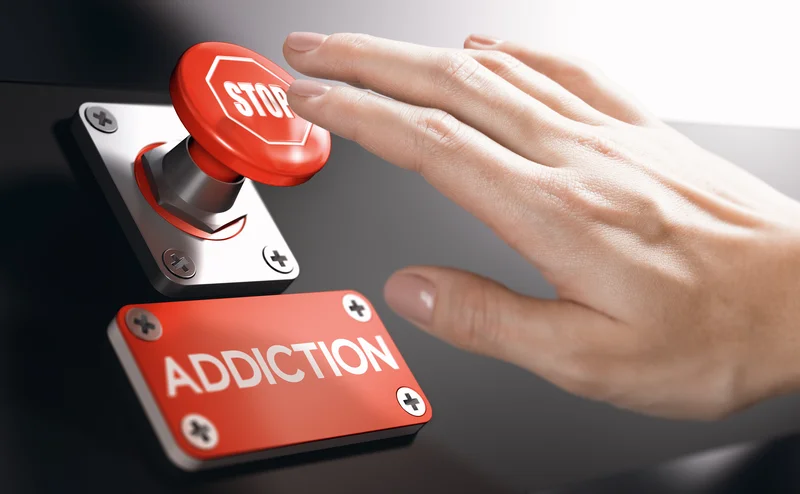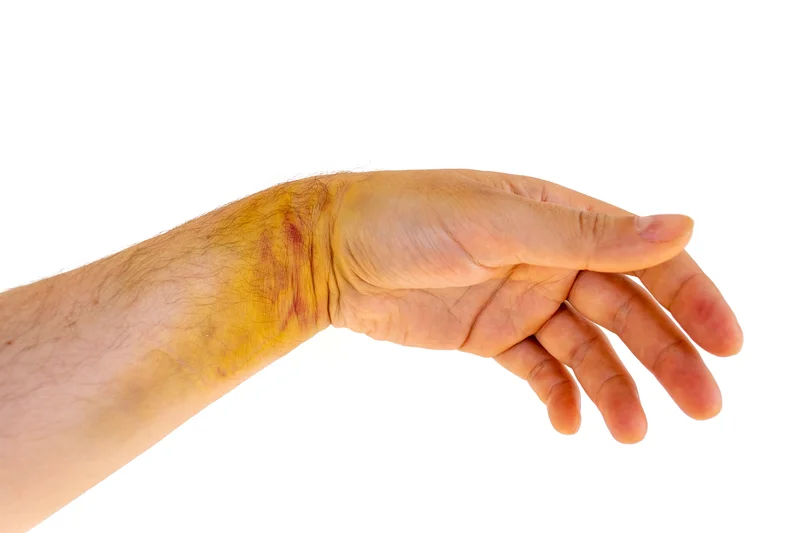
Alcoholism is a complex disease involving physical and psychological changes that occur with consistent alcohol use. As people begin to drink more frequently, alcohol produces desired feelings in the body and brain through the release of specific brain chemicals. With consistent drinking, the chemical output decreases, so a Sober living house person drinks more to achieve the same results. If you find that your drinking habits are influenced by these factors, there are many treatment options available. Cognitive behavioral therapy, mindfulness, and apps like Reframe can help you tap into your brain’s ability to rewire itself, breaking unhealthy drinking cycles. Yes, alcoholism is a mental health disorder, according to the Substance Abuse and Mental Health Service Administration (SAMHSA).
Supported living

The recovery from it often requires medical assistance in monitoring your progress or dealing with withdrawal symptoms. The causes typically include learned behavior, outside pressures, and mental health challenges a person experiences over a prolonged period. You might find that you prioritise drinking over why do people become alcoholics your family, friends, responsibilities and other activities that you used to enjoy.
- Studies suggest that 40-60% of the risk for developing AUD is hereditary.
- Brain structures can shift as well, particularly in the frontal lobes, which are key for planning, making decisions, and regulating emotions.
- Children of alcoholics are more likely to be abused and to experience anxiety, depression and behavioral problems than children of non-alcoholics.
- This makes it harder to stop drinking, as cravings and withdrawal symptoms kick in.
How to Stay Fit: 5 Tips to Make 2025 Your Healthiest Year Yet
- Some people may be hesitant to seek treatment because they don’t want to abstain entirely.
- A personality shift from amiable to angry can be unsettling for those witnessing it.
- These changes can compromise brain function and drive the transition from controlled, occasional use to chronic misuse, which can be difficult to control.
- Getting help at this stage is still relatively easy, and the chance of successful recovery is high with proper support.
- Alcoholics recognize alcohol as a helpful tool for relaxing or managing stress.
- This causes increased unpleasant side effects that may put us off from drinking alcohol — lowering the risk of AUD.
It was a bad combination that I used for many years in social settings, to numb out “bad feelings” and ultimately use alcohol as daily self-medication. I trained my brain and body to think they “needed” alcohol for any kind of stressful situation or negative emotion. This was very destructive for me and eventually I had to make a change or I didn’t know what might progress even further.
- Our liver uses these two enzymes to digest alcohol, first converting it to acetaldehyde — a toxic byproduct responsible for many of alcohol’s harmful effects — with the help of alcohol dehydrogenase.
- However, more often, it isn’t just one factor that brings on AUD but several of them, each influencing another and stacking up the risks.
- Yes, alcoholism is a mental health disorder, according to the Substance Abuse and Mental Health Service Administration (SAMHSA).
- Genes may be an important factor triggering the development of alcoholism.
- That’s why it’s so important to find a comprehensive alcohol treatment program that can take a multifaceted approach to addiction treatment.
PHI’s Top 24 Impacts for 2024
- They’ll do a physical exam and ask you questions about your drinking habits.
- Neurotransmitters are chemical messengers that transmit the signals throughout the body that control thought processes, behavior and emotion.
- Despite the differences in subtypes of “alcoholics,” AUD doesn’t define any one of us.
- You might find that you prioritise drinking over your family, friends, responsibilities and other activities that you used to enjoy.
- The reason has to do with a combination of genetic, physiological, psychological and social factors.
- Being an alcoholic or having an alcohol use disorder (AUD) involves a problematic level of drinking that begins to affect a person’s social, emotional and physical health.
- Health experts increasingly recognize “gray area drinking“—a space between moderate consumption and severe alcohol use disorder.
Mental health conditions like anxiety, depression, and PTSD often lead individuals to use alcohol as a coping mechanism, increasing the risk of dependency. Alcohol Use Disorder is a medical condition marked by the compulsive consumption of alcohol, inability to stop drinking despite harmful consequences, and physical or emotional dependency. AUD is not just a matter of willpower—it’s a chronic disease that requires treatment. Although there isn’t a gene for AUD, researchers believe that genetics accounts for roughly 50% of the risk factors of developing AUD. Those of us with a family history of AUD are more likely to develop the condition.
Alcoholism

Research shows that loud music in bars can increase alcohol consumption by as much as 31%. It raises arousal levels and makes conversation difficult, leading people to order more drinks instead of engaging in conversation. The structure of our day disappears, boredom creeps in, and we might be tempted to drown it all in the bottle. And even if we realize we’re sliding into the alcohol trap, we might find ourselves without access to much-needed mental health resources that could offer support. We always encourage seeking professional help for treating your alcohol addiction.

Alcohol use disorder (AUD) is the DSM-5’s official term for alcohol addiction. AUD includes alcohol dependence, which professionals used to consider separate from addiction. Yes, individuals with a family history of AUD are at a higher risk due to genetic and environmental influences.
